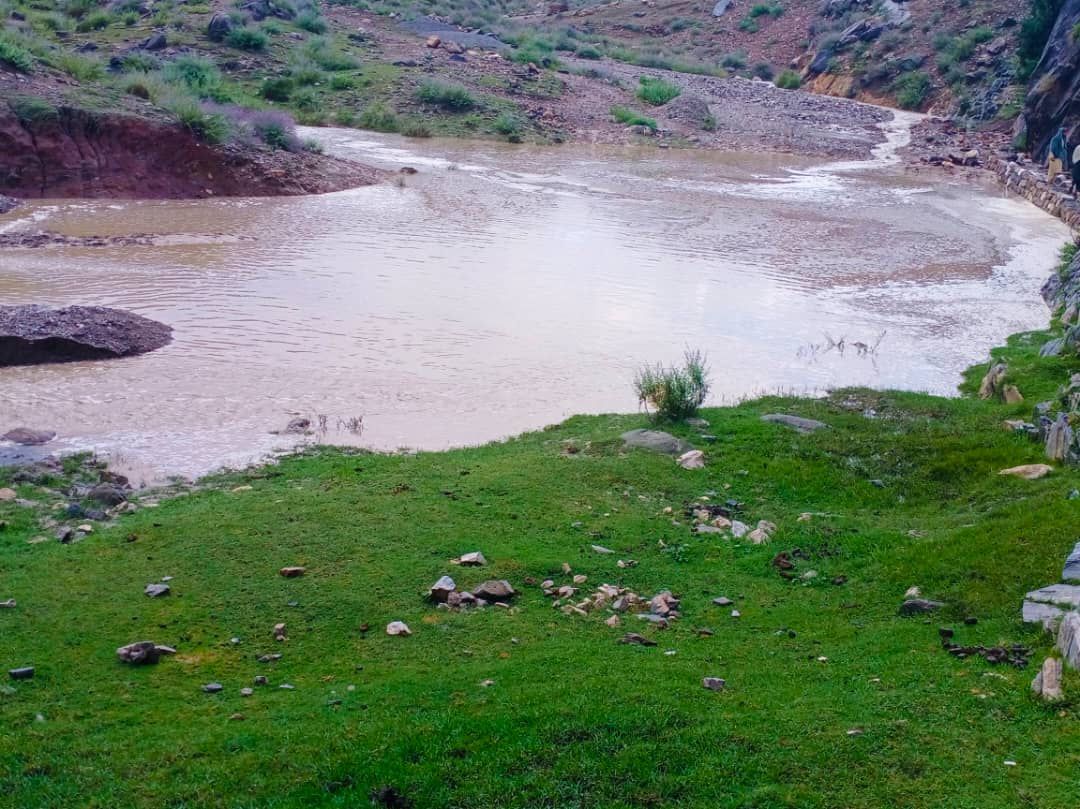
A1. Enhancing Irrigation and Sustainable Agriculture
ECOFA emphasizes the importance of conserving water in agriculture to promote environmental sustainability and secure food production. By introducing advanced techniques such as drip irrigation, irrigation scheduling, rainwater harvesting, and dry farming, the organization ensures efficient water usage. Additionally, ECOFA advocates for climate-resilient agricultural practices, including growing drought-resistant crops, rotational grazing, conservation tillage, composting, mulching, cover cropping, and organic farming to improve soil health and sustainability.
A2. Developing Infrastructure for Water Resource Management
In remote areas, ECOFA focuses on constructing critical infrastructures like check dams, large dams, and reservoirs. These structures not only store surface water for irrigation but also recharge groundwater levels, prevent soil erosion, and support sustainable agriculture. This approach ensures water availability and strengthens agricultural practices in underserved regions.
A3. Raising Public Awareness on Rainwater and Floodwater Harvesting
ECOFA actively educates communities on the importance of rainwater and floodwater collection to minimize wastage and address water scarcity. The organization promotes the construction of small dams and reservoirs to store diverted rainwater and streams for farming, livestock, and domestic purposes. Urban areas are also targeted with strategies such as rooftop rainwater harvesting and the use of recharge pits, trenches, and wells to manage storm runoff effectively.
A4. Advancing Environmental Conservation Efforts
As a core initiative, ECOFA prioritizes environmental conservation to combat climate change and global warming. The organization implements measures to:
Through these multi-faceted approaches, ECOFA is committed to fostering sustainable development while addressing environmental and agricultural challenges.
4o